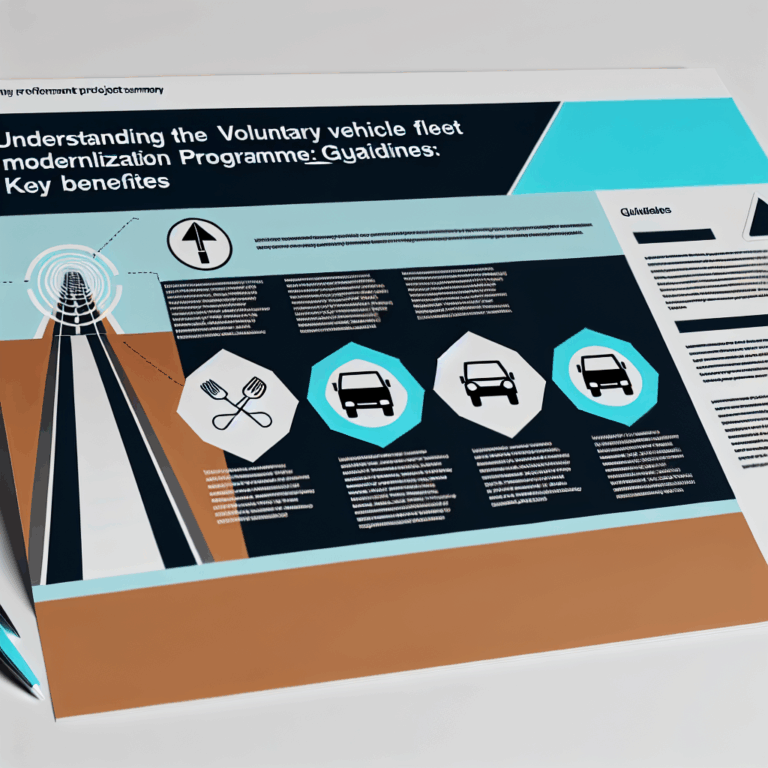Copyright @ 2023 www.digimitr.com. All rights reserved.

Understanding the Credit Guarantee Scheme for e-NWR Based Pledge Financing (CGS-NPF): A Key Initiative by the Ministry of Consumer Affairs
Explore the key aspects of the government scheme titled “Understanding the Credit Guarantee Scheme for e-NWR Based Pledge Financing (CGS-NPF): A Key Initiative by the Ministry of Consumer Affairs”. This initiative is overseen by the relevant ministry and focuses on delivering benefits to eligible beneficiaries.
Here is a comprehensive overview:
Introduction
The Credit Guarantee Scheme for e-NWR Based Pledge Financing (CGS-NPF) is a significant initiative launched by the Ministry of Consumer Affairs in India. The scheme aims to offer a reliable financial safety net for stakeholders involved in the agricultural sector, particularly farmers and cooperatives. By facilitating easier access to credit, the CGS-NPF is set to revolutionize the way farmers engage with financial institutions, making it easier for them to secure funds against their produce stored in warehouses. This initiative is a crucial step towards enhancing farmers’ economic stability and boosting agricultural productivity.
Eligibility Criteria
To benefit from the CGS-NPF, applicants must meet specific eligibility criteria. Primarily, the scheme targets farmers, self-help groups, cooperatives, and producer organizations that possess electronic Negotiable Warehouse Receipts (e-NWRs). The farmers must have a valid e-NWR from a recognized warehouse, ensuring that the stored produce meets certain quality and quantity standards. Additionally, the applicant must maintain good credit history and should not have any outstanding debts with financial institutions. These criteria are designed to promote responsible borrowing while protecting the interests of lenders.
Key Features and Benefits
One of the most notable features of the CGS-NPF is its credit guarantee provision. The scheme guarantees a certain percentage of the loan amount sanctioned to the farmers, thereby minimizing the risk for lenders. This feature encourages financial institutions to lend to farmers who might otherwise struggle to secure loans due to lack of collateral or credit history.
Moreover, the scheme simplifies the loan application process and reduces paperwork, enabling quicker disbursement of funds. It also provides a low-interest rate, making it financially feasible for farmers to repay their loans. Another crucial benefit is the increased bargaining power for farmers, as they can access funds against their stored produce, allowing them to resist distress sales during low market prices. Overall, the CGS-NPF broadens the financial landscape for farmers, empowering them to invest in better farming practices and technologies.
Application Process
The application process for the CGS-NPF is designed to be straightforward and intuitive. Interested borrowers can apply for financing through participating banks or financial institutions, which are part of the CGS-NPF framework. The first step involves obtaining an e-NWR from a registered warehouse, which serves as proof of the quantity and quality of stored goods.
Once the e-NWR is secured, farmers can visit their chosen bank or financial institution and submit an application along with required documentation, including identity proof, land ownership certificates, and bank statements. Following this, the lending institution will conduct a credit assessment and verify the e-NWR. If everything meets the necessary criteria, the loan will be sanctioned, and the CGS will provide a guarantee to mitigate the lender’s risk.
Funding and Budget
The CGS-NPF is backed by a significant financial allocation from the government, intended to support a wide range of farmers and agrarian entities. Funding mechanisms involve both government allocations and partnerships with financial institutions. The budget dedicated to the scheme aims to cover the guarantee payouts as well as administrative expenses. By providing this financial cushion, the government ensures that lenders can extend credit without fear of excessive default, thus promoting a more vibrant agricultural financing ecosystem.
Achievements or Impact
The CGS-NPF has already shown promising results since its inception. Early data suggest an increase in loan approvals among participating farmers, illustrating the scheme’s immediate impact on agricultural financing. Many farmers who previously faced difficulties securing loans are now able to invest in modern farming equipment, better seeds, and sustainable practices, leading to increased productivity.
Additionally, the scheme has enhanced financial literacy among farmers as they navigate the borrowing process. Workshops and informational materials provided by participating banks have contributed immensely to educating the agricultural community about managing their finances more effectively.
Challenges
While the CGS-NPF represents a crucial advancement in agricultural financing, it is not without its challenges. One significant hurdle is the lack of awareness among farmers regarding the intricacies of the scheme. Along with information dissemination, ensuring that the scheme’s benefits reach remote areas where such knowledge is minimal is critical.
Another challenge includes the reluctance of some financial institutions to fully engage in the lending process, often due to perceived risks associated with agricultural lending. Additionally, there is the concern over fluctuating market prices for agricultural produce, which could impact farmers’ ability to repay loans.
Recent Updates
In recent months, the Ministry of Consumer Affairs has announced plans to further enhance the CGS-NPF. These updates include the introduction of additional training programs aimed at improving farmers’ financial literacy and understanding of loan management. Also, collaborations with technology firms are set to streamline the loan application process, enabling online applications and digital documentation.
There is also an ongoing assessment of the scheme’s impact on women’s participation in agriculture, with the aim of encouraging female farmers to leverage e-NWRs for financing. Such updates signify the government’s commitment to adapting the scheme to better serve the needs of stakeholders.
Conclusion
The Credit Guarantee Scheme for e-NWR Based Pledge Financing (CGS-NPF) is a transformative initiative that aims to bridge the gap between farmers and financial institutions. By offering guarantees and reducing risks, the scheme empowers farmers to invest in their futures. Despite facing challenges related to awareness and institutional skepticism, ongoing efforts to enhance accessibility and outreach promise a more robust agricultural financing landscape. As the scheme evolves, it holds the potential to reshape the agricultural sector, ultimately leading to greater food security and enhanced livelihoods for farmers.
FAQ
What is the main purpose of the CGS-NPF?
The main purpose of the CGS-NPF is to provide a credit guarantee for loans taken by farmers against their electronic Negotiable Warehouse Receipts (e-NWRs), making it easier for them to access financing for agricultural activities.
Who can apply for the Credit Guarantee Scheme?
Eligibility for the CGS-NPF extends to farmers, self-help groups, cooperatives, and producer organizations that have valid e-NWRs from licensed warehouses.
How does the loan application process work?
Farmers can apply for loans through participating financial institutions by securing e-NWRs first. They need to submit the necessary documentation, after which the bank conducts a credit assessment before granting approval.
For more information, check out official government site,
Official government website or relevant source not provided.
Stay updated on related schemes and initiatives using hashtags: #Understanding #Credit #Guarantee #Scheme #eNWR #Based #Pledge #Financing #CGSNPF #Key #Initiative #Ministry #Consumer #Affairs
Feel free to share about this scheme in the comments below!





